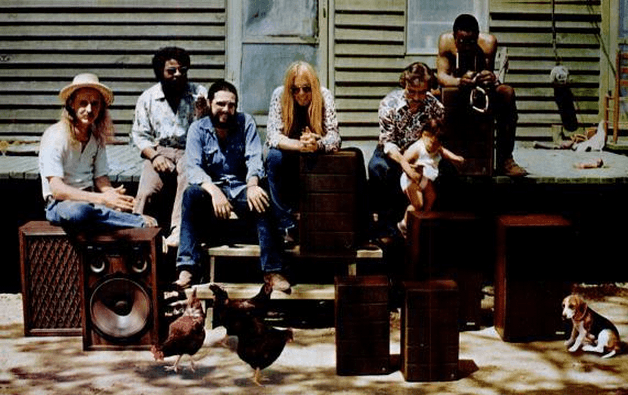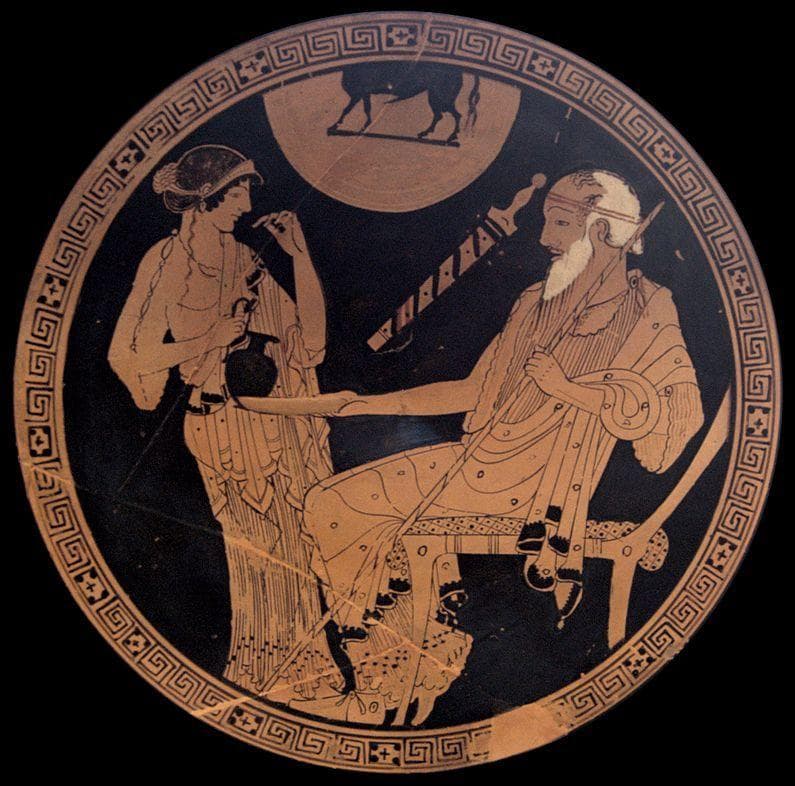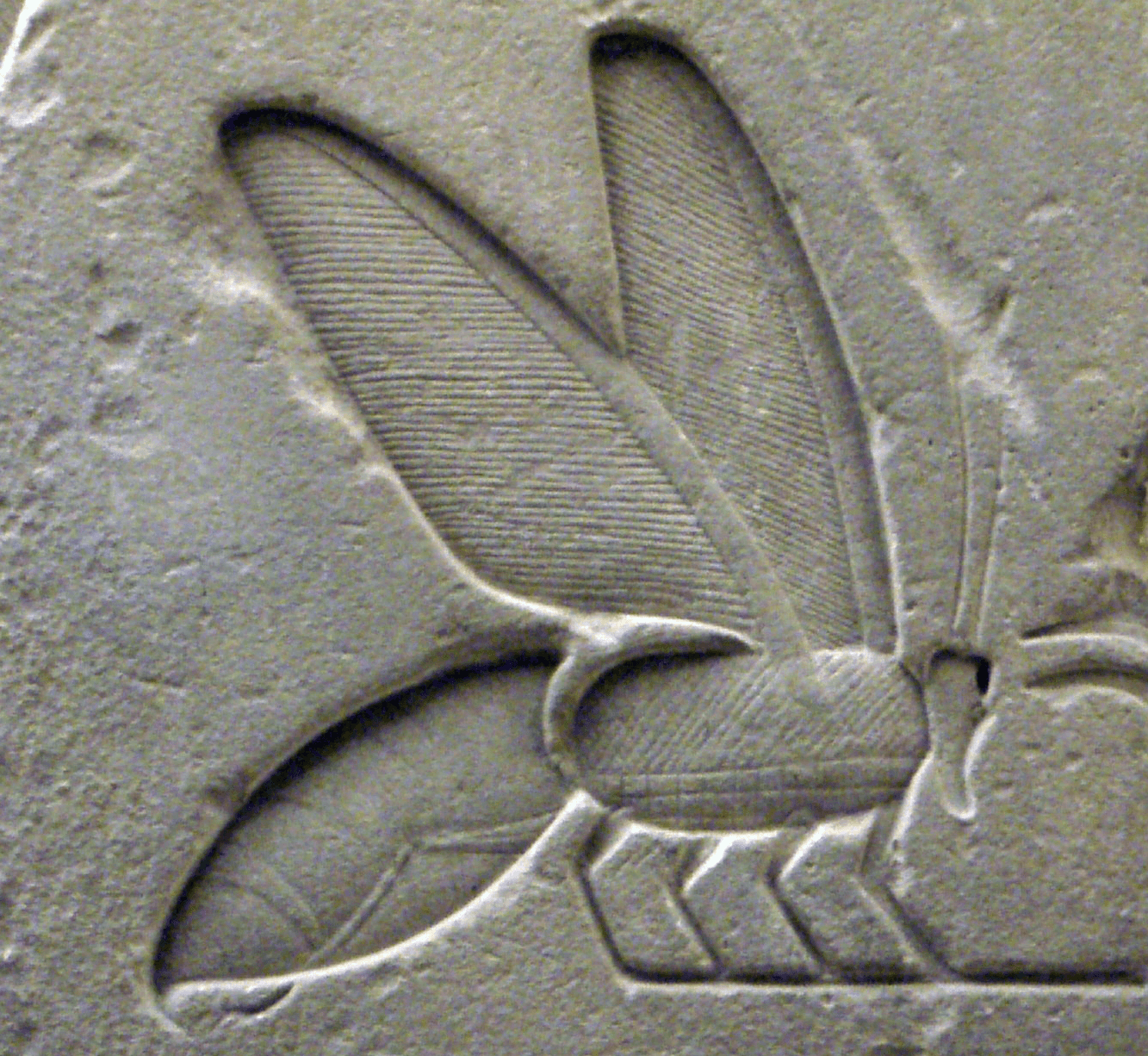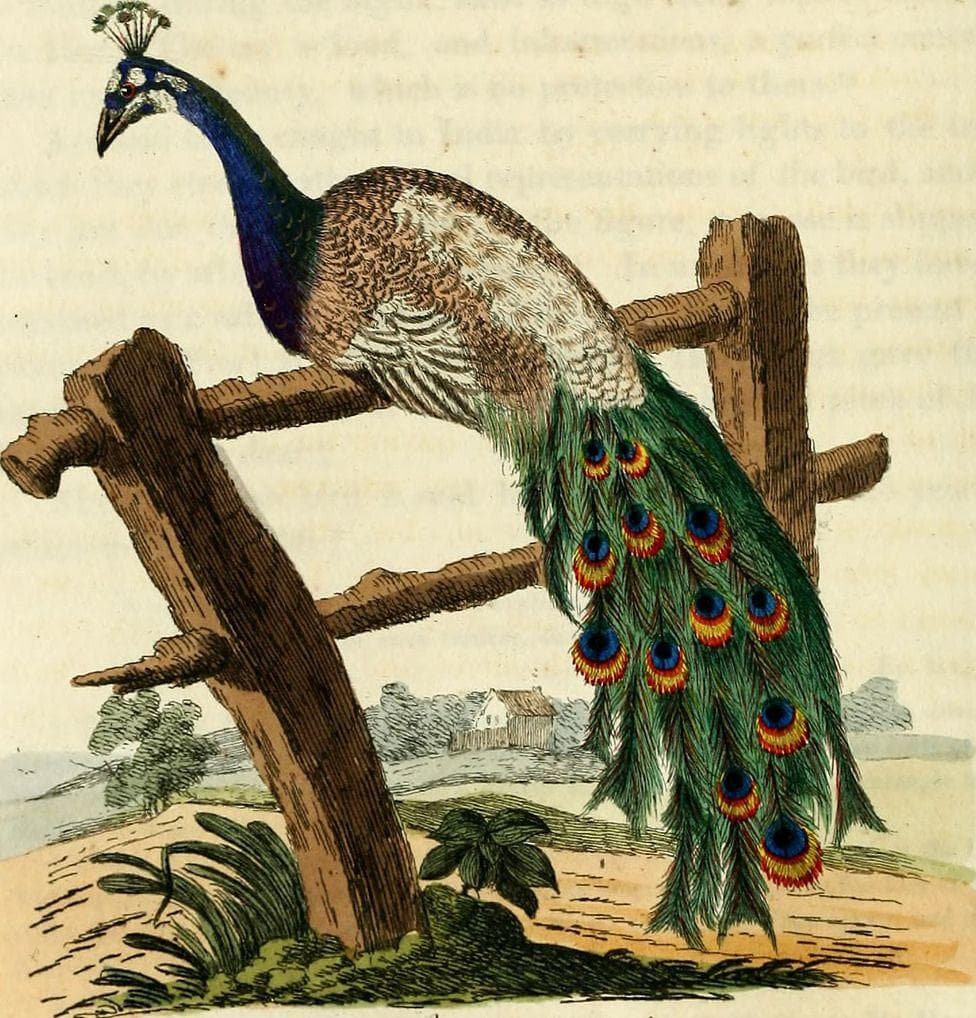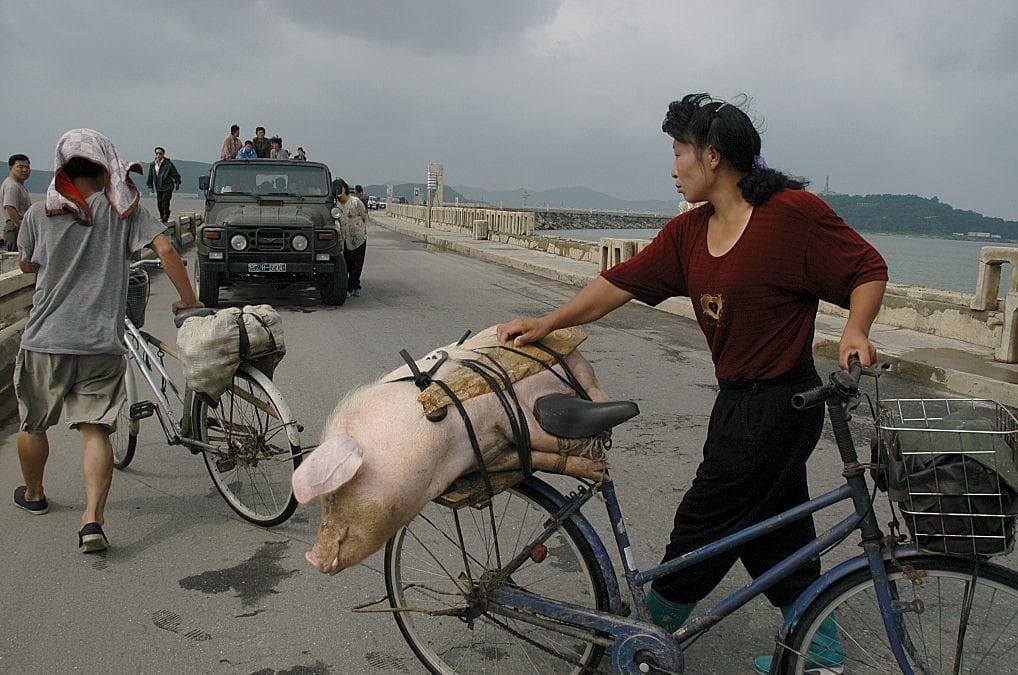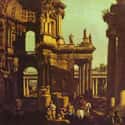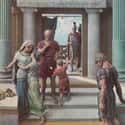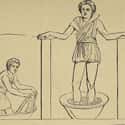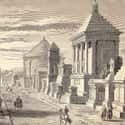-
(#11) Religious Deities Were Present Inside And Outside The Home
There were temples to gods within the Roman pantheon throughout the city that acted as links between human existence and divine presence. The Temple of Mars Ultor, built during the first century BC, honored Augustus, attesting to his military success with the assistance of Mars himself. Temples honoring Venus and Jupiter served as political and religious centers, with the latter restored several different times during the first centuries BC and AD due to its importance within the Roman state religion.
In addition to the Roman pantheon of state gods, Romans lived their daily lives in the presence of spirits. Household gods, called panes (or penates), oversaw the kitchen and home, making it a safe, abundant space. Other household gods, lares, were ancestral spirits worshipped daily with additional offerings made around the year. Both lares and panes were permanent fixtures in the home and moved with a family in the event of relocation.
The presence of panes and lares in every day life accompanied cult worship of gods like Bacchus and Isis. The most important cult, however, was the Imperial Cult. Many emperors from the time of Augustus were worshipped as deities, strengthening their ties to the Roman pantheon and earning a place alongside panes and lares in the daily worship cycles of Roman citizens.
-

(#12) Common Citizens Could Play A Political Role
Any Roman citizen could hold political office and, with the establishment of tribunes in the fifth century BC, the plebian class earned a voice within the Roman political system. The wealthy class held control of the Roman Senate, but with increased pressure from farmers, servicemen, and the growing number of immigrants in Rome itself, the concept of citizenship was expanded through the second century BC.
Tribunes like Tiberius and Gaius Gracchi demonstrated the roles citizens could play in the Roman government. In addition to their second century BC agrarian reforms, they called for all of Rome's allies in Italy to become citizens. This didn't come to fruition, ultimately because Roman citizens feared what the outcome would do to their own livelihoods.
Citizens registered for the census every five years, reporting possessions, property, and the number of people in the family to the Roman government. Roman citizenship came with perks, such as the right to vote, but citizens were also obligated to provide loyalty and service to the state.
-
(#8) A Person’s Wealth Determined Their Child’s Education
There was no public education in Rome, but young boys and girls usually received basic instruction from their mothers and fathers before being sent to a teacher or tutor. It was the duty of a father to teach his son to read and write alongside more physical training, while women were tasked with educating their daughters.
When children were educated by teachers and tutors, their lessons were based on the amount of wealth their parents had to contribute to their education. Poorer Romans could skip formal education completely, teaching boys and girls in a family trade rather than paying for an instructor.
Wealthy Romans, on the other hand, brought the best tutors to their homes or employed a literate, trained slave to teach their children. On other occasions, the children of wealthy Romans went to a school with a pedagogue in tow - someone who carried the student's books, went to and from class with them, and made sure the young Roman behaved himself.
Girls and young women received different education than their male counterparts. While boys and young men studied logic, literature, and philosophy, the extent to which a girl learned anything beyond reading and writing depended on what their mothers taught them and the status of their parents. Girls with wealthier parents could receive training in music, literature, or comparable disciplines.
-

(#9) Every Citizen Was Guaranteed Grain At A Fixed Price
As the population of Rome grew, so did poverty and starvation. Rome instituted a welfare program of sorts, providing grain to citizens at a price subsidized by the state. The distribution of grain, known colloquially in Europe as "corn, "during the first century BC was actually done free of charge for a time, something that put a heavy financial burden on the Roman state.
According to Plutarch, a writer during the first and second centuries AD, corn was available to poor and wealthy citizens alike. Grain distribution caused a lot of contention in the Roman world, most notably with the efforts of the Gracchi brothers, Tiberius and Gaius, to reform the agrarian system during the second century BC.
Under Julius Caesar (d. 44 BC), steps were taken to make sure that only Roman citizens were receiving grain. During the reign of Augustus (r. 27 BC-14 AD), it was determined that all citizens were to receive "corn" contingent upon a small fee. By the late second century AD, Rome was consuming roughly 28 million bushels of wheat, barley, and rye each year.
Care of the grain, or cura annona, was supplanted by the annona civica, a distribution of bread each month, at some point during the late third century AD.
-
(#4) People Didn’t Often Wash Their Clothes, But When They Did, They Used Urine
The job of washing clothes in Rome fell to the fuller. Many Romans didn't wash their own clothes and fullers provided an essential service in the city. Without the use of soap, fullers were tasked with cleaning linen and woolen garments, bleaching them to rid them of sweat and grime. The best way to accomplish this was by using urine, often collected from pots found throughout the streets of Rome. An alternative to human urine was urine from animals, both of which contained ammonia - an ideal cleaning agent.
Clothing was put into a vat with water and urine, where fullers would stomp on the garments. By the late first century AD, urine was such a valued commodity that Emperor Vespasian (r. 69-79 AD) put a tax on urine collected in public.
According to Roman historian Suetonius, "When Titus [Vespasian's son] found fault with him for contriving a tax upon public conveniences, he held a piece of money from the first payment to his son's nose, asking whether its odour was offensive to him. When Titus said 'No,' he replied, 'Yet it comes from urine.'"
-
(#5) The City Was Unbearably Loud Due To High Traffic And Stone Streets
The Romans are well-known for their roads, with good reason. While most planned cities had patterned streets, unplanned cities developed somewhat haphazardly; generally, though, the roads themselves were well constructed. Roads linked areas throughout the empire with Rome, including the Via Appia, which ran for more than 130 Roman miles across the Italian peninsula.
In Rome itself, roads were paved and allowed for drainage, but the frequent presence of chariots and other wheeled vehicles created an immense amount of noise. During the first century BC, Julius Caesar made it illegal for wheeled traffic to enter into the downtown areas of Rome during the daytime. This was meant to make the roads less congested, but it ultimately just made Rome so noisy at night that people were unable to sleep.
Overcrowding and traffic alike contributed to constant noise, a problem that Juvenal, a Roman poet during the first and second centuries AD, took on in his Satire III: On the City of Rome, written around 118 CE:
For what lodging-houses allow of sleep? None but the very wealthy can sleep at Rome. Hence is the source of the disease. The passing of wagons in the narrow curves of the streets, and the mutual reviles of the team drivers brought to a standstill, would banish sleep...
New Random Displays Display All By Ranking
About This Tool
The Anthony dynasty was the most stable period of imperial power and was called the "golden age" of the Roman Empire. At that time, the status of the Senate was restored, and some measures to ease social conflicts were implemented. The rulers of the past dynasties received support and distributed relief food and monetary subsidies and organized entertainment activities to consolidate their power.
The lives of slave owners were extremely luxurious, and wealthy Roman men often spent time in public baths. Bathing was a fashion at that time, attracting thousands of idlers. The random tool introduced 13 things about life in ancient Rome.
Our data comes from Ranker, If you want to participate in the ranking of items displayed on this page, please click here.

